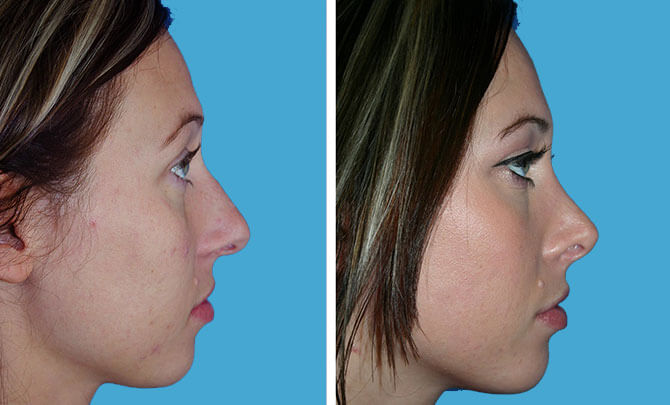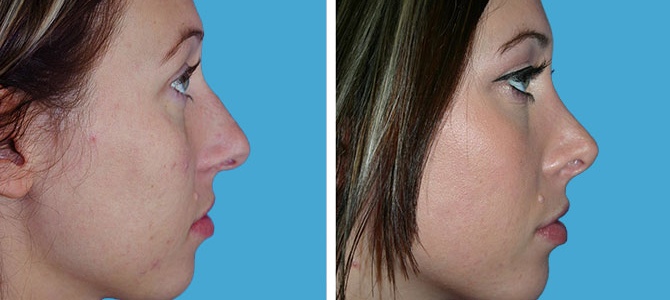
Preparing For Septoplasty
When considering any procedure, it is important to know all the details upfront. For a septoplasty you can expect a pretty brief procedure and likely a short and mild recovery. The Septoplasty surgery generally takes anywhere from 60-90 minutes, of which you will be under general or local anesthesia. In order to attain alignment your surgeon will make an incision in the lining of the septum to gain access to the cartilage targeted in the operation. Cartilage may be removed or altered in the process of septum alignment, and structural objects like splints, plastic tubes, or sutures may be used temporarily to help your septum maintain its new shape.
Recovering from Surgery
After your procedure you should expect little to no swelling or discoloration and a relatively short time period before you are fully recovered. Immediately after surgery patients sometimes experience blood and fluid drainage from the nose. This is no cause for alarm, and is normal for the first week of recovery. Using an ice pack or keeping gauze handy are both good ways to slow bleeding and drainage.
Depending on your physician, you may or may not be prescribed pain medication. If you are, take the medication as instructed. If you are not prescribed medication and you are experiencing pain, take an over the counter pain reliever like Tylenol. Do not take pain medications like Aspirin as they can lead to excessive bleeding.
You will likely be asked to schedule a few post-operative visits. The purpose of these visits are to monitor your progress and make sure everything is healing properly. It is important to be very open with your surgeon throughout the entire process. If you have any questions at all, do not hesitate to ask. Following the doctor’s simple instructions is always your best bet to getting on the safe road to recovery in no time.
If you’d like to begin to discussing this procedure further with a doctor, schedule a consultation at Boulder Plastic Surgery.
